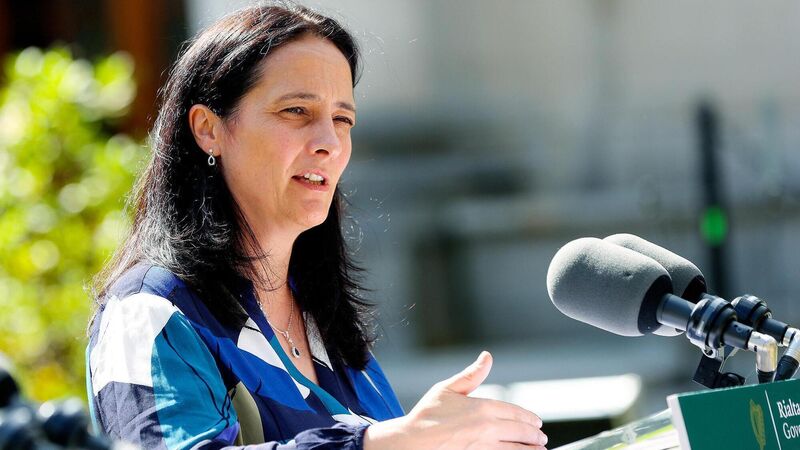Recommendations for a new State watchdog to regulate harmful content online will further draw tech companies into a reality they have frequently sought to deny — that they are a publisher and must take some responsibility for the content that appears on their platforms.
They have long resisted this proposition. Originally, they encouraged lawyers to present a so-called “hosting” defence, arguing that although they provided the infrastructure, they could not be expected to moderate commentary and opinions.
Already a subscriber? Sign in
You have reached your article limit.
Subscribe to access all of the Irish Examiner.
Annual €130 €80
Best value
Monthly €12€6 / month
Introductory offers for new customers. Annual billed once for first year. Renews at €130. Monthly initial discount (first 3 months) billed monthly, then €12 a month. Ts&Cs apply.
CONNECT WITH US TODAY
Be the first to know the latest news and updates














